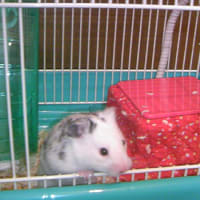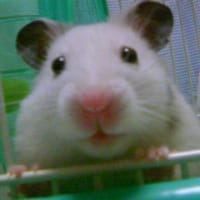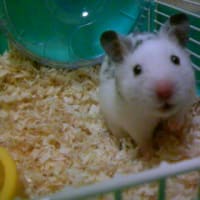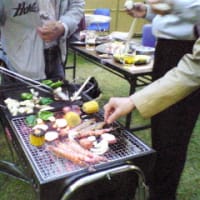元気
Last week, I talked about the many meanings (色々な意味) of 頑張って. This week, I would like to talk about another word that seems simple, but has many meanings. It’s 元気.
Fine.
This is a popular answer to the question “How are you.” But the Japanese word 元気 has a positive nuance. If you use the word “fine,” it just means (意味する) you are not sick or sad.
例: When someone asks “How are you?”: I’m fine.
Great.
If you feel really good, you can say, “great.” This may be closer to the Japanese word 元気.
例: When someone asks “How are you?”: Great. (注 I'm greatは自慢話に聞こえる)
Full of energy./Energetic.
In this case, 元気 means a child likes to run around and make a lot of noise. “Full of energy” and “energetic” are almost the same, but “ full of energy” usually means at the present time, and “energetic” means he is a person who usually has a lot of energy.
例: When a child is running around: Your son is really full of energy!
例: When someone asks you, “What is your son like?”: He’s a very energetic boy.
Cheerful.
In this case, 元気 means that the person feels cheerful. The Japanese word 元気 means both physical (身体) and mental, but English doesn’t have one word that includes (含まる) both.
例: When someone asks you, “What is your daughter like?”: She’s a very cheerful girl.”
In good health. 元気 can also mean that a person is not sick.
例: When someone asks “How is your grandfather?”: He’s in good health.
In good shape.
If someone does a lot of exercise and is very healthy and strong, we say, “in good shape.”
例:If your friend can run a marathon: He’s in good shape.
Spry
This meaning of 元気 is only used for old people who are still in good health.
例: If you want to say that your grandfather is still active: He's still spry.
Last week, I talked about the many meanings (色々な意味) of 頑張って. This week, I would like to talk about another word that seems simple, but has many meanings. It’s 元気.
Fine.
This is a popular answer to the question “How are you.” But the Japanese word 元気 has a positive nuance. If you use the word “fine,” it just means (意味する) you are not sick or sad.
例: When someone asks “How are you?”: I’m fine.
Great.
If you feel really good, you can say, “great.” This may be closer to the Japanese word 元気.
例: When someone asks “How are you?”: Great. (注 I'm greatは自慢話に聞こえる)
Full of energy./Energetic.
In this case, 元気 means a child likes to run around and make a lot of noise. “Full of energy” and “energetic” are almost the same, but “ full of energy” usually means at the present time, and “energetic” means he is a person who usually has a lot of energy.
例: When a child is running around: Your son is really full of energy!
例: When someone asks you, “What is your son like?”: He’s a very energetic boy.
Cheerful.
In this case, 元気 means that the person feels cheerful. The Japanese word 元気 means both physical (身体) and mental, but English doesn’t have one word that includes (含まる) both.
例: When someone asks you, “What is your daughter like?”: She’s a very cheerful girl.”
In good health. 元気 can also mean that a person is not sick.
例: When someone asks “How is your grandfather?”: He’s in good health.
In good shape.
If someone does a lot of exercise and is very healthy and strong, we say, “in good shape.”
例:If your friend can run a marathon: He’s in good shape.
Spry
This meaning of 元気 is only used for old people who are still in good health.
例: If you want to say that your grandfather is still active: He's still spry.

















